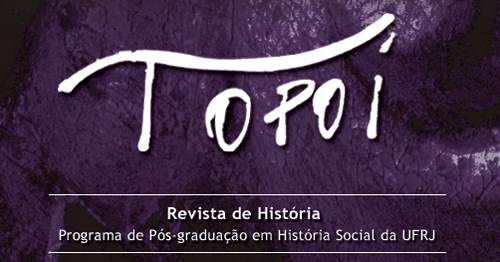ABSTRACT
In 1533 the Portuguese humanist Damião de Góis encountered the Ethiopian monk Sāgā za-Ab in Lisbon, in conversations about Christian religion, and asked him to make a synthesis of his dogmas by promising to translate the text into Latin. The result was the publication of the booklet Fides, religio moresque Aethiopum (1540). Góis, in addition to Sāgā’s testimony, added to the book some royal and ecclesiastical letters of diplomacy between Portugal and Ethiopia, based on an imbrication of texts, in which distinct voices, in dialogue, reveal interests that complement or polemic each other. Critics have suggested that Góis in this book proposes ecumenism and religious tolerance. This article suggests, on the contrary, that he, while giving voice to the Coptic Church of Ethiopia, makes interferences in the text, by suggesting that Ethiopians be submitted to Catholic truths, so that an incorporation of Ethiopia into the Catholic plan facilitates old political purposes: to occupy lands near the Red Sea and nullify the commercial projects of the Turks.
Keywords:
Renaissance; Portuguese expansion; maritime empire; Damião de Góis; Catholic orthodoxy
